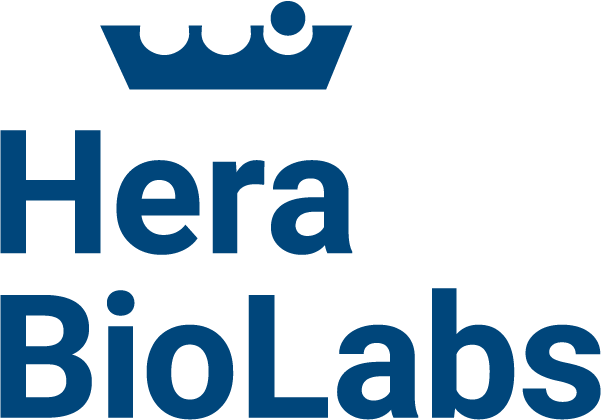An increased understanding of human tumors has created a solid foundation for the creation of new anti-cancer treatments (many of which involve antineoplastic compounds). And while many of these newly conceived drug therapies show profound responses in preclinical trials, this has not translated into significant progress in the clinical setting. In fact, less than 5% of such treatments showed efficacy when tested in patients. Is this because of cancer’s complexity? Do researchers need to come up with new approaches to clinical trials? Should biomarkers be more widely used to select patient populations that are increasingly likely to respond well to particular treatment studies? Are current murine models causing study outcomes to be skewed?
The likely answer is, at least to some degree, all of the above. But a recent study published by Porru, et al, specifically looks at improving the animal models used to predict human responses to anti-cancer treatments. Specifically, they suggest that by using patient derived xenografts (PDX), rather than “xenografts derived from the implantation of in vitro long-term established cell lines”, murine tumors are more likely to “preserve the overall genomic and gene expression profile and fidelity in transcriptome of the corresponding patient tumors”
Especially now that more and more researchers are moving away from their previous belief that cancer stem cells (CSCs) alone could hold the key to curing cancer, viable PDX models seem to play an important role in the future of cancer research. PDXs, which include CSCs as part of the expressed tumor, therefore seem to be a more suitable xenograft model than those based exclusively on CSCs. Furthermore, PDX models are expected to provide a much more predictive experimental model for evaluating how individuals and various cancers will respond to a range of therapies, as it has been demonstrated that the response of these xenografts to chemotherapy and other targeted compounds directly correlates with the responses associated with the original patient tumors.
Although the identification of CSCs remains a key challenge in experimental oncology, PDXs are expected to play a critical role in cancer drug efficacy studies moving forward.
Hera BioLabs provides PDX creation services in our SRG rat model allowing for faster, high efficiency, and more cost effective model establishment. See our services page for more information on our PDX capabilities.
